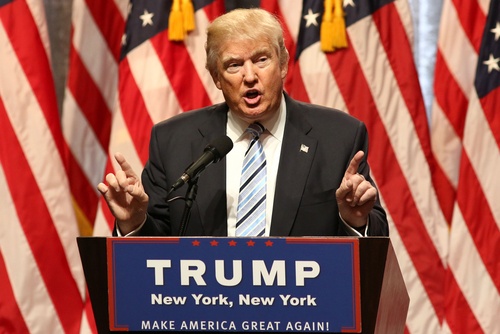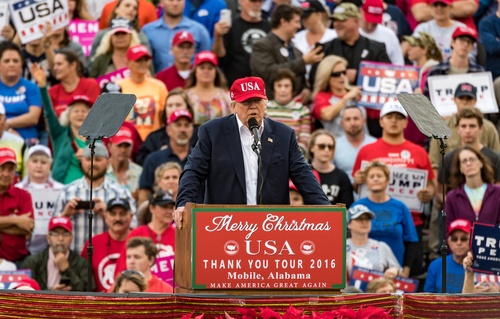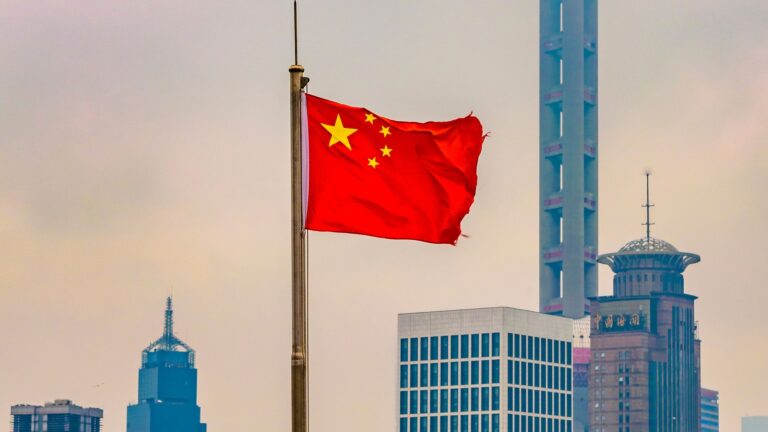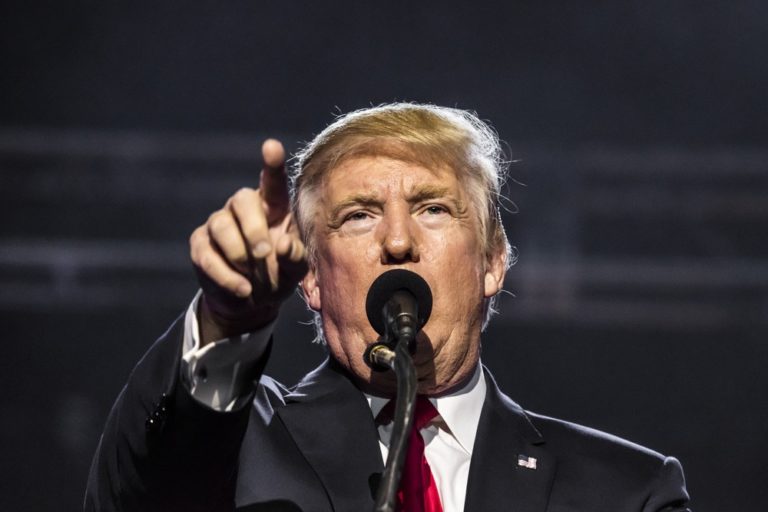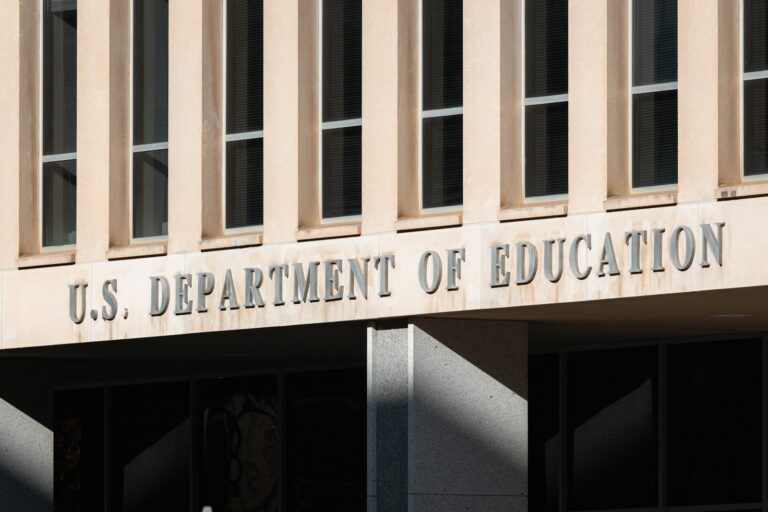Key Takeaways:
- Republican lawmakers are quietly celebrating court decisions that limit President Trump’s ability to impose tariffs.
- Courts have ruled that the White House cannot unilaterally impose tariffs without congressional approval.
- These decisions could provide an exit strategy for Trump to end the tariff war without admitting defeat.
- Republican senators are avoiding public criticism of Trump, fearing backlash.
Courts Take Action on Tariffs
Republican lawmakers are breathing a sigh of relief as courts step in to limit President Donald Trump’s tariff policies. For months, Trump’s trade wars have caused tension with U.S. allies and upset global markets. Now, a series of court decisions seems to be shifting the balance of power.
A three-judge panel from the U.S. Court of International Trade recently ruled against Trump’s tariffs. While the decision is under appeal, it has already sent a signal that the era of unlimited tariff power may be ending. Port officials will continue collecting tariffs for now, but the clock is ticking on these controversial trade taxes.
Another federal court followed suit, declaring that the White House cannot impose tariffs without input from Congress. This has reportedly pleased Republican lawmakers, who have struggled to challenge Trump’s policies openly.
Why Republicans Are Quietly Cheering
GOP strategist Brian Darling explains that Republicans are “quietly applauding” the court decisions. Why? Because these rulings spare them from having to confront Trump directly. “They’re very happy about the decision as long as it takes the tariff issue off the table for a long time,” Darling said.
Republicans have long been divided on tariffs. While some support Trump’s “America First” trade strategy, others worry about its impact on the economy and global relations. However, openly criticizing Trump is risky, especially since he remains popular with many Republican voters.
The Political Play
The courts’ decisions could provide Trump with an “off-ramp” to end the tariff war without losing face. This would allow him to claim victory while avoiding further economic damage.
Senate Majority Leader John Thune (R-S.D.) has long been skeptical of tariffs but has encouraged his constituents to give Trump time to negotiate trade deals. Meanwhile, Sen. Thom Tillis (R-N.C.) has warned that Republicans could face political backlash in the midterm elections if progress isn’t made on trade.
The Future of Tariffs
While the courts have handed Republicans a lifeline, the issue is far from resolved. Even if the Supreme Court upholds the lower-court rulings, Trump could find other ways to impose tariffs. For now, Republicans are hoping the courts’ actions will keep the tariff issue dormant, at least until after the elections.
As the legal battles continue, one thing is clear: the courts are doing what Republican lawmakers couldn’t—reining in Trump’s tariff policies. Whether this will lead to a lasting change in trade policy remains to be seen, but for now, it’s a welcome development for many in the GOP.
Republican lawmakers are quietly celebrating court decisions that limit President Trump’s ability to impose tariffs, which have caused global market unrest. Courts have ruled that the White House cannot unilaterally impose tariffs without congressional approval, providing an exit strategy for Trump to end the tariff war without admitting defeat. Republicans are avoiding public criticism of Trump, fearing backlash, and the courts’ actions spare them from confronting him directly. The rulings could provide a way to end the tariff issue without further economic damage, allowing Trump to claim victory while avoiding further harm. The future of tariffs remains uncertain, but the courts’ decisions have given Republicans a much-needed lifeline.

